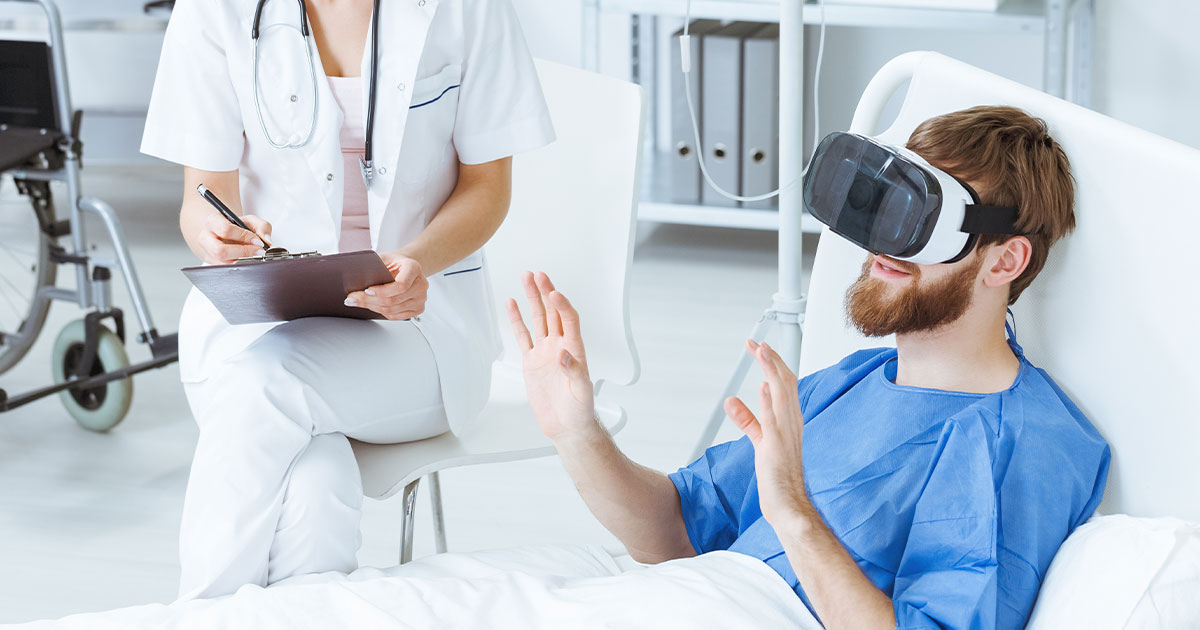Advances in Emerging Technologies for Rehabilitation: Personalized Perspective
A special issue of Journal of Personalized Medicine (ISSN 2075-4426). This special issue belongs to the section "Methodology, Drug and Device Discovery".
Deadline for manuscript submissions: 28 February 2026 | Viewed by 15718

Special Issue Editors
2. Physical Medicine and Rehabilitation Unit, Azienda ULSS 3 Serenissima, 30126 Venezia, Italy
Interests: stroke; virtual reality; robotics; rehabilitation; neurorehabilitation; neurological diseases; motor learning; motor control; telerehabilitation; priming techniques
Special Issues, Collections and Topics in MDPI journals
2. Faculty of Health Science, Jan Dlugosz University, 42-200 Częstochowa, Poland
Interests: mental health; psychiatric disorders; body balance; postural stability; telerehabilitation; virtual reality; exoskeletons
Special Issues, Collections and Topics in MDPI journals
Interests: postural stability; balance; gait analysis; physiotherapy; musculoskeletal rehabilitation; neurorehabilitation; stroke
Special Issues, Collections and Topics in MDPI journals
Special Issue Information
Dear Colleagues,
In recent years, the utilization of virtual reality, robotics, health wearables, and telemedicine has become more common in science and clinical practice. Since the COVID-19 pandemic, all forms of remote support have become useful and sometimes even indispensable in general medicine. This situation did not differ between physical and psychosocial rehabilitation. Remote support can cover a wide spectrum of technologies, from simple telephone consultations, through very popular videoconferences, to advanced videoconferencing with integrated wearable sensors and feedback, which allows interaction with the patient in real time. Virtual reality (VR), another new technology, has become a subject of interest for researchers worldwide. VR can cover a wide spectrum of technologies, starting from simple feedback using a monitor, through the popular head-mounted display (VR goggle), to advanced EMG-based robotic devices that can be integrated within the VR environment. So personalized treatment and management are also increasingly important.
However, owing to its novelty, these topics still need to be explored. There are still areas that are uncovered, while others require further work and systematization. Therefore, we propose this Special Issue as a contribution to the technology-supported field. Submissions are welcome for the following article types: original research, and reviews. We welcome the submission of manuscripts, including but not limited to the following topics.
Dr. Paweł Kiper
Dr. Błażej Cieślik
Dr. Agnieszka Guzik
Guest Editors
Manuscript Submission Information
Manuscripts should be submitted online at www.mdpi.com by registering and logging in to this website. Once you are registered, click here to go to the submission form. Manuscripts can be submitted until the deadline. All submissions that pass pre-check are peer-reviewed. Accepted papers will be published continuously in the journal (as soon as accepted) and will be listed together on the special issue website. Research articles, review articles as well as short communications are invited. For planned papers, a title and short abstract (about 250 words) can be sent to the Editorial Office for assessment.
Submitted manuscripts should not have been published previously, nor be under consideration for publication elsewhere (except conference proceedings papers). All manuscripts are thoroughly refereed through a single-blind peer-review process. A guide for authors and other relevant information for submission of manuscripts is available on the Instructions for Authors page. Journal of Personalized Medicine is an international peer-reviewed open access monthly journal published by MDPI.
Please visit the Instructions for Authors page before submitting a manuscript. The Article Processing Charge (APC) for publication in this open access journal is 2600 CHF (Swiss Francs). Submitted papers should be well formatted and use good English. Authors may use MDPI's English editing service prior to publication or during author revisions.
Keywords
- virtual reality
- mixed reality
- augmented reality
- robotic interventions
- exoskeletons
- eHealth
- mHealth
- wearable technology
- telerehabilitation
- remote support
- barriers and challenges of new technologies in rehabilitation
- psychosocial effects of new technology interventions
- insights in novel approaches in technology-supported rehabilitation
- biometric technology
- personalized perspective
Benefits of Publishing in a Special Issue
- Ease of navigation: Grouping papers by topic helps scholars navigate broad scope journals more efficiently.
- Greater discoverability: Special Issues support the reach and impact of scientific research. Articles in Special Issues are more discoverable and cited more frequently.
- Expansion of research network: Special Issues facilitate connections among authors, fostering scientific collaborations.
- External promotion: Articles in Special Issues are often promoted through the journal's social media, increasing their visibility.
- Reprint: MDPI Books provides the opportunity to republish successful Special Issues in book format, both online and in print.
Further information on MDPI's Special Issue policies can be found here.






